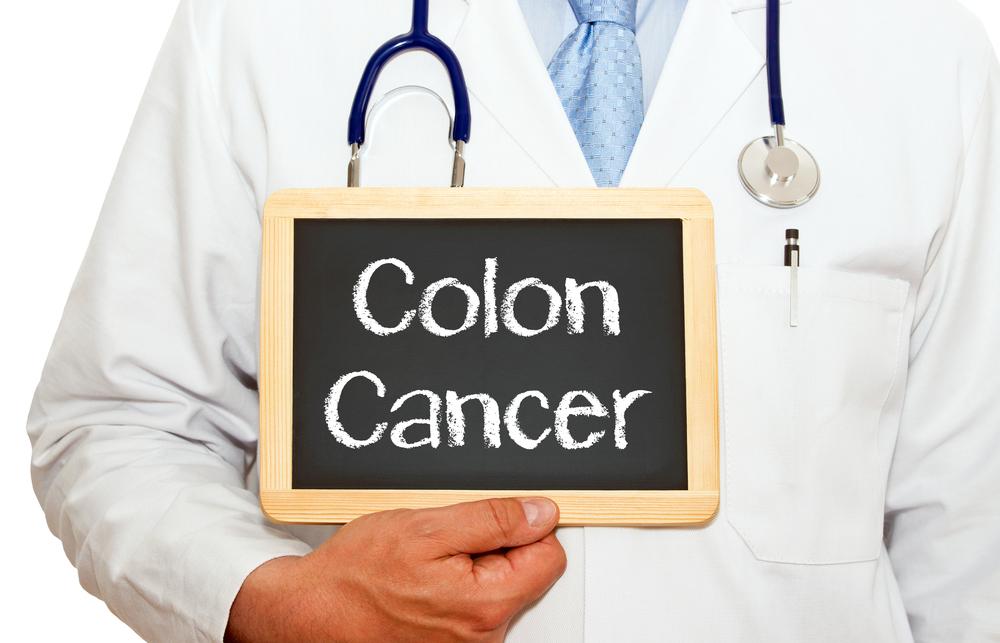
Colon Cancer – Symptoms, Stages, and Treatment
Colon in the human body is a tube-like organ extending from the small bowel to the end of the rectum. It is responsible for the absorption of water, electrolytes as well as storage and evacuation of stool. Colon cancer happens when cells multiply abnormally in the colon, overpowering the healthy cells and taking up their oxygen and nutrients. Colon cancer is the third most common type of cancer in the country.
Although cancer can occur at any age, it mostly affects older people. The beginning of colon cancer is usually marked by the development of small, noncancerous lumps of cells called polyps in the insides of the colon. Usually, in the early stages, polyps are few in numbers and do not show any symptoms.
Symptoms
Many people will not experience any symptoms in the early stages of cancer. Symptoms will vary for each individual depending on the location and size of cancer. Stages and treatments for colon cancer depend on the symptoms that are as follows:
- Fatigue or weakness
- Weight loss for no apparent reason
- The feeling of bowel not emptying completely
- A persistent change in the consistency of stool or bowel habits
- Diarrhea or constipation
- Blood in the stool
- Consistent abdominal pain such as gas, bloating, or cramps
- Irritable bowel syndrome
- Iron deficiency or anemia
Stages
The stages depend on the size of the tumor and the extent to which it has spread. The stages are as follows:
- Stage 0
Early-stage cancer is also known as carcinoma in situ. At this stage, cancer has not spread to the inner layers of the colon. - Stage I
It has reached into the next layer of the tissue but has not spread to the lymph nodes or other organs. - Stage II
It has reached the outer layer of the colon but is yet to spread beyond the colon. - Stage III
The cancer has reached one to three lymph nodes but not to the organs. - Stage IV
The cancer has reached the distant organs of the body.
Treatment
The final treatment decision will be determined by the stages of cancer and its treatments. Apart from this, treatment options will also depend on factors such as overall health, age, among others. Rather than a single treatment, a combination works best for deciding on the treatments for colon cancer. The options for treatment are radiation therapy, chemotherapy, and surgery. The goal of the treatment is to eliminate the cancerous cells, prevent further spread, and minimize discomfort.
- Radiation therapy
High dose radiation beam is targeted on the cancer cells to kill them and inhibit their growth. External therapy involves the use of machines outside the body while internal therapy involves the planting of radioactive materials near the cancer site. - Chemotherapy
Medications are given to interrupt cell division. These are targeted at speedily growing and dividing cells by either affecting proteins or DNA to kill cancer cells. - Surgery
To remove all or some part of the colon is called colectomy. Along with the cancerous cells, some of the surrounding cells are also removed. There are different types of surgeries such as endoscopy, laparoscopic surgery, and palliative surgery.
The stages and treatments for colon cancer can be determined with screenings as the symptoms rarely present themselves at an early stage. So, it is always recommended that one gets regular check-ups done.



